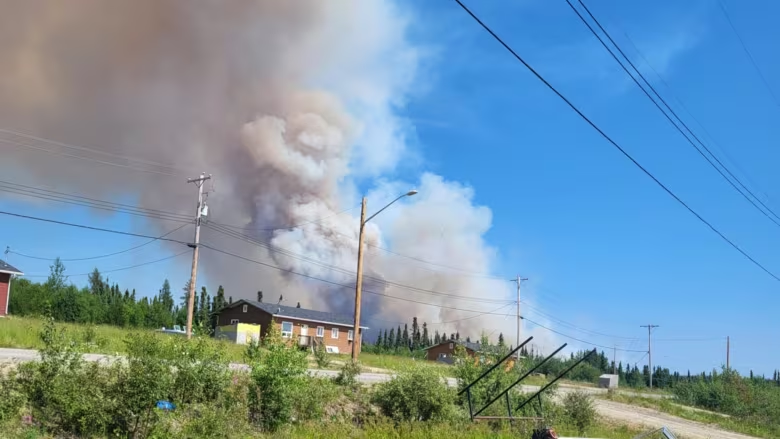
In response to wildfire smoke, more than 1,000 vulnerable residents from three First Nations communities have been evacuated. The decision was made due to concerns over the health impacts of the dense smoke, which can exacerbate respiratory issues and pose severe risks, particularly to vulnerable populations such as the elderly, children, and those with pre-existing health conditions.
The evacuation efforts were coordinated to ensure the safety and well-being of the affected residents. Emergency services, including local authorities and volunteers, mobilized swiftly to assist with the evacuation process, providing necessary support and resources. Evacuation centers were established to accommodate those displaced by the smoke, offering shelter, food, and medical care as needed.
Authorities emphasized the importance of prioritizing the health and safety of residents amid the challenging conditions posed by the wildfires and the resulting smoke. The decision to evacuate reflects a proactive approach to mitigate risks associated with prolonged exposure to hazardous air quality, which can have significant health implications.
Efforts to manage and contain the wildfires continue, with firefighting crews working tirelessly to suppress the flames and prevent further spread. Weather conditions, including wind patterns and humidity levels, play a crucial role in firefighting efforts and in determining the trajectory of the smoke.
The situation underscores the ongoing challenges faced by communities in wildfire-prone regions, highlighting the need for comprehensive emergency preparedness plans and resources to safeguard vulnerable populations during such events.
Leave a Reply